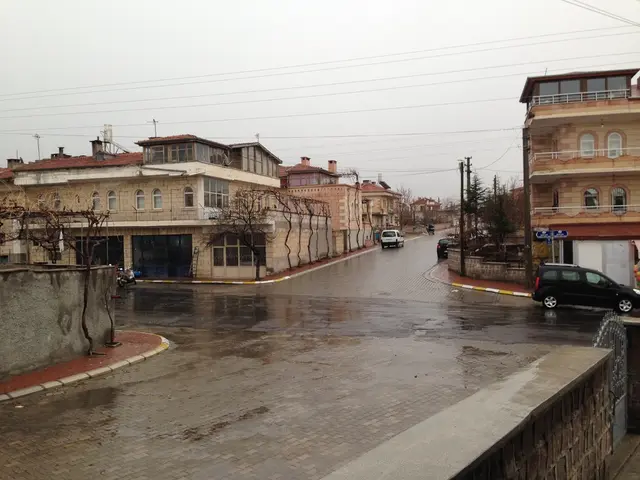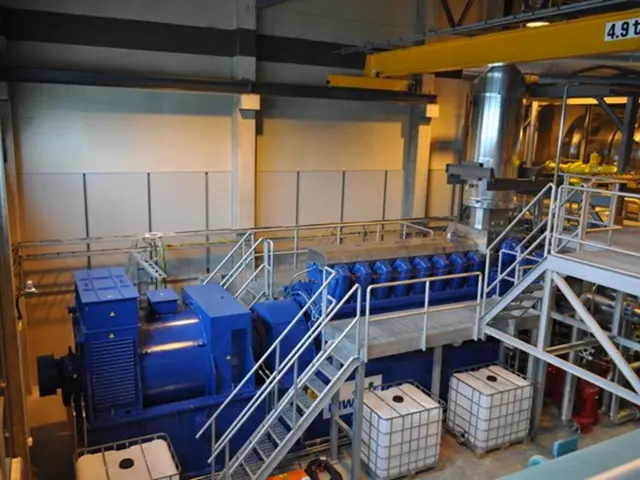Judge Rules Tesla's Autopilot Caused Fatal 2019 Crash, Lawsuit Proceeds
A Florida judge has ruled that Tesla's Autopilot system played a significant role in a fatal car crash in 2019, keeping a lawsuit alive. The ruling allows the plaintiffs to seek punitive damages against Tesla.
The incident involved a Tesla Model S equipped with Autopilot, driven by George McGee, who struck a stopped car in Key Largo, Florida. The collision resulted in the death of Naibel Benavides Leon and serious injuries to Dillon Angulo.
The judge found that Autopilot defects were a 'substantial factor' in the injuries. Despite Tesla's attempt to dismiss claims, the failure to warn the driver about the system's limitations survived. The judge, however, dismissed manufacturing defect and negligent misrepresentation claims.
McGee was distracted by a dropped phone and did not receive alerts before running a stop sign and light, leading to the collision. The plaintiffs argue that defects in the Autopilot system contributed to the crash.
A trial is set for July 14, where the estate of Naibel Benavides Leon and Dillon Angulo will pursue design defect and failure to warn claims against Tesla. The plaintiffs aim to prove that Tesla's Autopilot system was defective and that Tesla failed to adequately warn drivers about its limitations.
Read also:
- Germany Leads Europe in Electrified Roads Revolution
- BMW Recalls 200,000 Vehicles Over Fire Risk
- Cybertruck's Disappointing Setback, Musk's New Policy, Mega-Pack Triumphs, Model Y's Anticipated Upgrade Prior to Refresh (Week of January 25 for Tesla)
- Haval H6 Hybrid Analysis: Delving into Engine Performance and Fuel Efficiency








